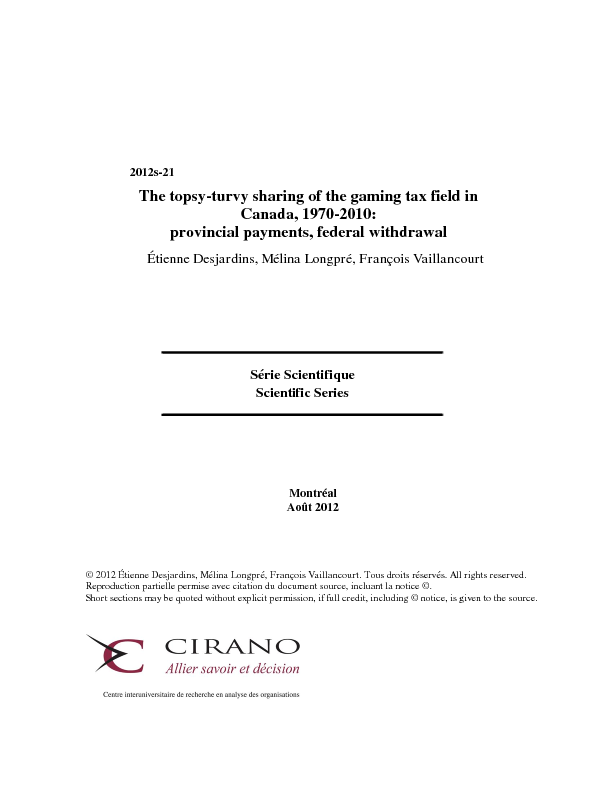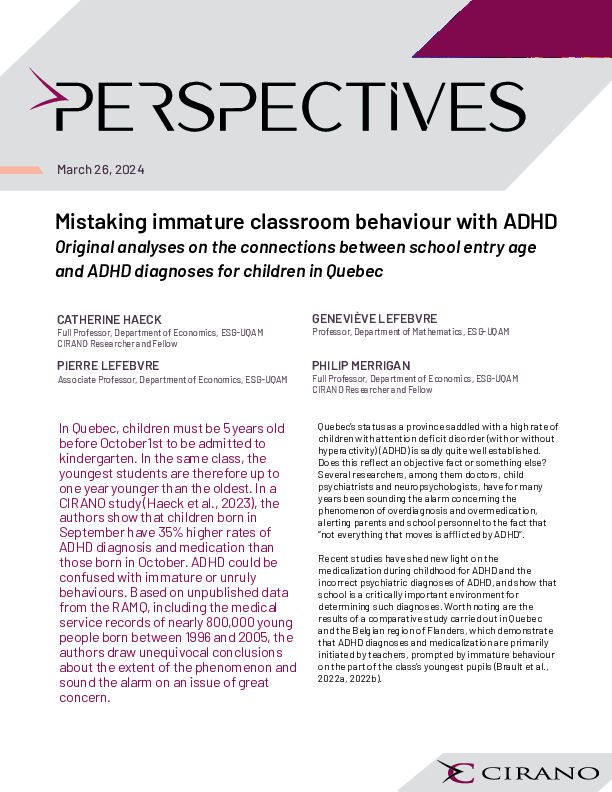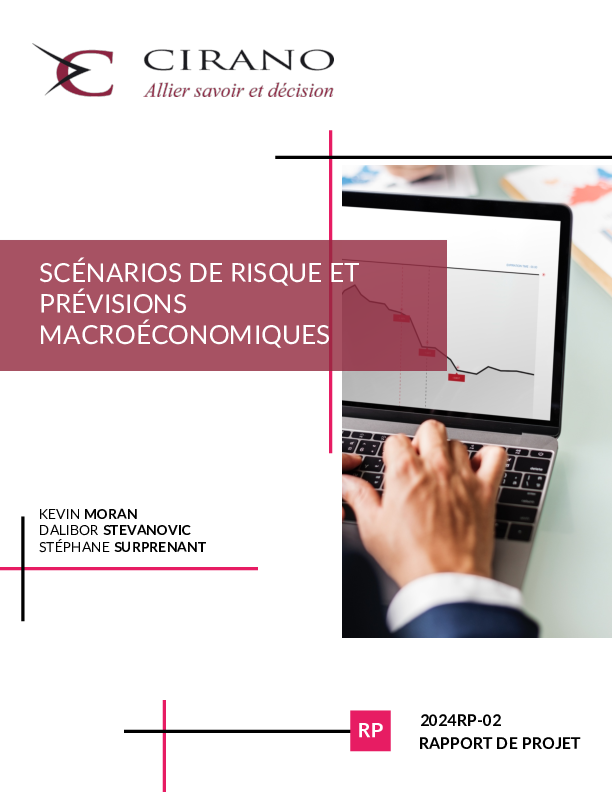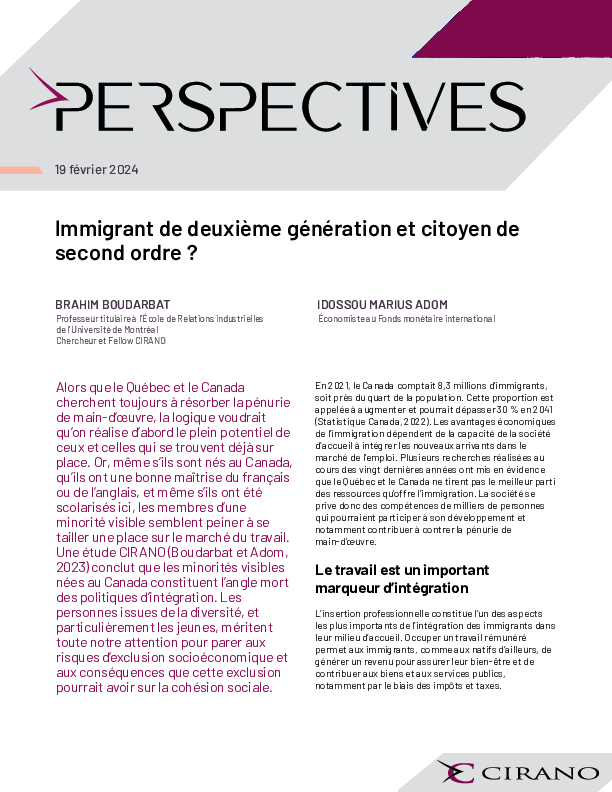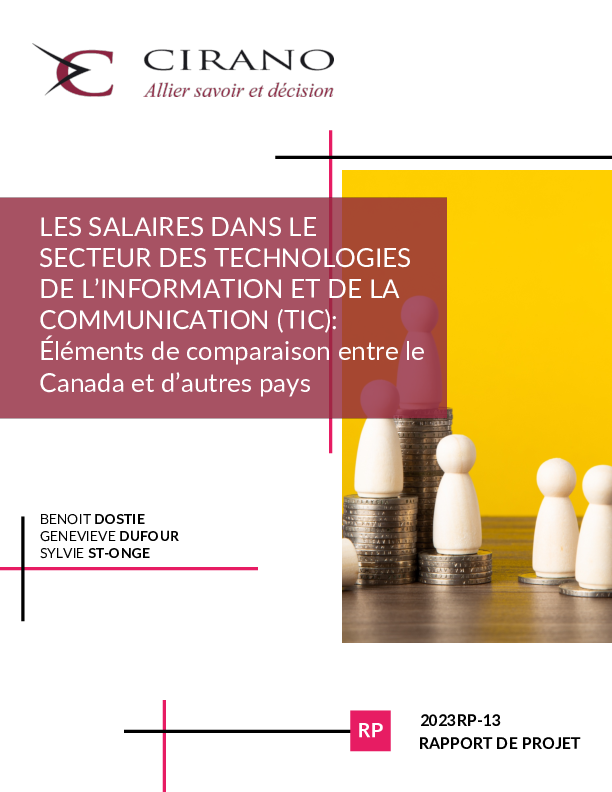The topsy-turvy sharing of the gaming tax field in Canada, 1970-2010: provincial payments, federal withdrawal
This paper presents an unusual inter-governmental financial arrangement: a payment by constituent units of a federation to the federal government to keep it out of a fiscal field and thus gain sole occupancy for themselves. This paper thus presents the history of the federal/provincial relationship in the gaming field in Canada focusing on the key period of 1976-1980 when both levels of governments operated lotteries. It chronicles the attempts of both levels of governments to reach an agreement on their sharing of this revenue field. Revenue sharing was rejected, market slicing was agreed to but since 1980, the provinces have purchased a sole occupancy right through an annual payment to the federal government. It shows, using multivariate analysis, that the presence of Loto-Canada reduced provincial gaming revenues in 1978 and 1979 and thus that the provinces were right to seek sole occupancy of the lottery field. It also shows, using numerical simulations of alternative formulas, that the agreement negotiated is very advantageous for the provinces as it did not take into account either the future growth of the lottery market or the diversification of the gaming market in Canada from 1980 to 2010, let alone both.
[ - ]
